Top Class Actions’s website and social media posts use affiliate links. If you make a purchase using such links, we may receive a commission, but it will not result in any additional charges to you. Please review our Affiliate Link Disclosure for more information.
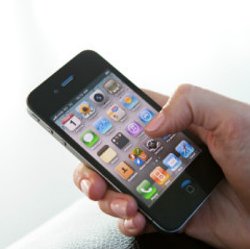
Plaintiffs Zack Ward and Thomas Buchar allege that by creating a “submarket” of iPhone users who were forced to use AT&T services as the sole provider for the original iPhone, consumers had no choice to use other providers besides AT&T, even though they had not agreed to that restriction.
“Plaintiffs will be able to prove at trial that the secondary market for iPhone voice and data service is a distinct market,” the opposition to Apple’s summary judgment read.
The plaintiffs also argued that in previous precedents where companies held similar arrangements to those between Apple and AT&T, submarkets can be subject to antitrust claims.
Ward and Buchar cited previous rulings of the Ninth Circuit on lawsuits involving companies like Newcal Industries and Eastman Kodak Co., saying the court ruled that even though a general market must include “all economic substitutes” to be available to consumers, allegations of antitrust violations can be based on submarkets for individual products.
The plaintiffs claim, “Whether a submarket … is the relevant market for a particular product is highly technical and intensely fact-sensitive,” and assert that discovery and trial are the only way to address the issues.
The Apple customers cited two reasons why discovery will help illuminate that the iPhone voice and data market is the relevant market to be targeted in the case. They said that Apple’s iPhone was only designed to work on the AT&T network, “unlike every other cellphone sold before it.” The iPhone class action claims that Apple also did not provide codes for customers to use so they could unlock the phone and use other service providers for their voice and data connection service.
Ward and Buchar further state that “iPhone voice and data service was highly unresponsive to price changes.” They cited expert testimony which concluded that “AT&T used the iPhone to retain customers who were otherwise leaving it for other service providers” and said since consumers were “locked in” to AT&T, “iPhone voice and data service was highly price inelastic.”
Earlier this month, Apple filed a motion with the court seeking summary judgment on the potential class action lawsuit. Apple argued that AT&T does not have an aftermarket monopoly for voice and data services for the iPhone and that AT&T has always been up against strong competition from other service providers.
The proposed Apple antitrust class action lawsuit initially filed in 2012 accused Apple of “conspiracy to monopolize,” in violation of Section 2 of the Sherman Act. The pair claimed that Apple entered into a secret contract with AT&T Mobility that made AT&T the sole provider of voice and data services for Apple iPhone users which ended when Verizon Wireless began selling voice and data service for the iPhone.
Ward and Buchar claimed that consumers who purchased the phone were locked into staying with AT&T as their service provider until 2011 without their prior knowledge. The plaintiffs also claimed that apple violated the Digital Millennium Copyright Act by preventing consumers from switching to another service provider since Apple’s software locked the iPhone and prohibited consumers from changing networks.
In September 2015, Apple filed a motion to dismiss the lawsuit, denying claims and maintaining that the plaintiffs failed to show that the company had an aftermarket monopoly. The company also said that plaintiffs knew they were required to use AT&T as their mobile carrier at the time they purchased the iPhone. The court rejected the motion to dismiss the claim and the previous one submitted by Apple that argued that AT&T should have been named as a defendant in the case.
Plaintiffs Zack Ward and Thomas Buchar are represented by Francis M. Gregorek, Rachele R. Rickert, Mark C. Rifkin, Alexander H. Schmidt, and Michael Liskow of Wolf Haldenstein Adler Freeman & Herz LLP.
The Apple Antitrust Class Action Lawsuit is Zack Ward, et al. v. Apple Inc., Case No. 4:12-cv-05404, in the U.S. District Court for the Northern District of California, Oakland Division.
UPDATE: On Mar. 24, 2016, Apple tried again to end a proposed class action by arguing in a hearing that the sale of the phones and the sale of the service plans for the phones were conducted as part of a single transaction by consumers, so no aftermarket existed.
UPDATE 2: On Nov. 25, 2016, Apple urged a judge to reject a “meritless and tardy” brief filed by plaintiffs in a class action lawsuit accusing the tech giant of engaging in an antitrust conspiracy with AT&T Mobility to prevent iPhone owners from switching to a different wireless carrier.
UPDATE 3: On March 22, 2017, a federal judge ruled that this Apple antitrust class action lawsuit will continue after one narrow legal theory just managed to slip past the defendant’s motion for summary judgment.
UPDATE 4: On Feb. 16, 2018, a California federal judge denied certification to a class action lawsuit alleging an exclusivity agreement between Apple and AT&T locked iPhone users into using AT&T’s voice and data service even after their agreements with the wireless provider expired or were otherwise terminated.
ATTORNEY ADVERTISING
Top Class Actions is a Proud Member of the American Bar Association
LEGAL INFORMATION IS NOT LEGAL ADVICE
Top Class Actions Legal Statement
©2008 – 2024 Top Class Actions® LLC
Various Trademarks held by their respective owners
This website is not intended for viewing or usage by European Union citizens.




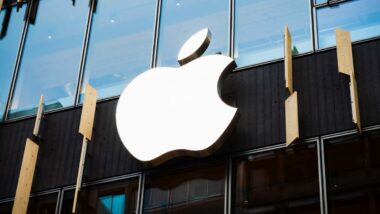
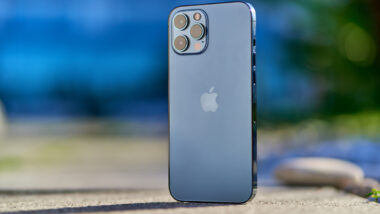

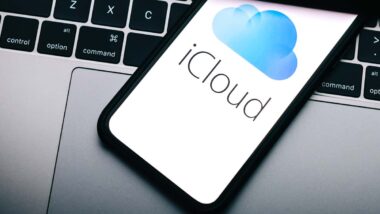



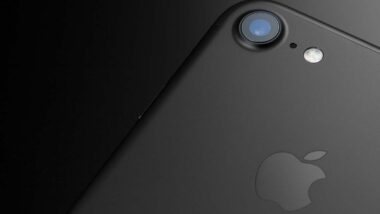
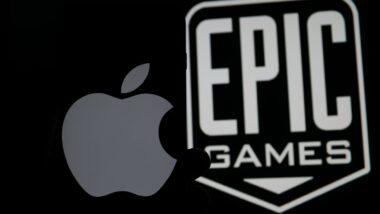
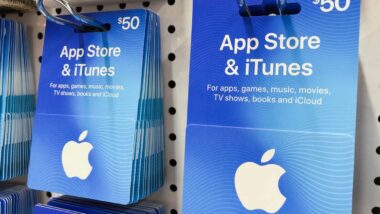

4 thoughts onConsumers Fight Apple’s Motion to Dismiss Antitrust Class Action
UPDATE 3: On March 22, 2017, a federal judge ruled that this Apple antitrust class action lawsuit will continue after one narrow legal theory just managed to slip past the defendant’s motion for summary judgment.
UPDATE 2: On Nov. 25, 2016, Apple urged a judge to reject a “meritless and tardy” brief filed by plaintiffs in a class action lawsuit accusing the tech giant of engaging in an antitrust conspiracy with AT&T Mobility to prevent iPhone owners from switching to a different wireless carrier.
UPDATE: On Mar. 24, 2016, Apple tried again to end a proposed class action by arguing in a hearing that the sale of the phones and the sale of the service plans for the phones were conducted as part of a single transaction by consumers, so no aftermarket existed.
This is nonsense. Consumers often get -stuck- with certain companies on a regular basis because those companies choose to partner with them to offer a unique product or service. Why was this a bad thing? You could only buy TiVo at Best Buy, exclusively, for a while. Where is the outrage over that? You can only buy certain organic products from Whole Foods or Central Market, for example. This is silly. Consumers werent forced to buy that product. And many cell phones only had certain GSM/CDMA/TDMA bands that prevented them from working on every network. There may be some truth to the lack of elasticity in their pricing, but every time I had checked Verizon, their pricing was even worse. And the DMCA has had evolving purposes. For a while, it wasnt even legal for users to unlock their phones. It was banned, then unbanned again. In the end, this will just cost consumers.